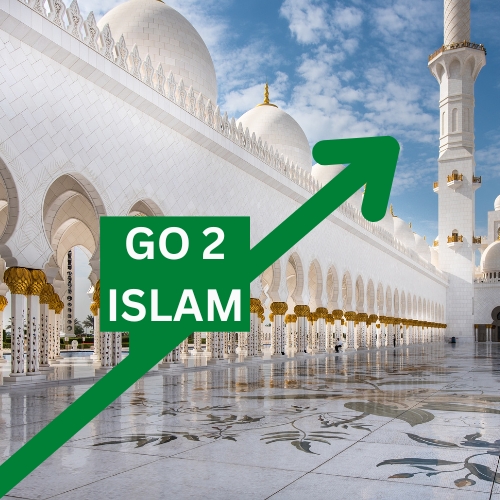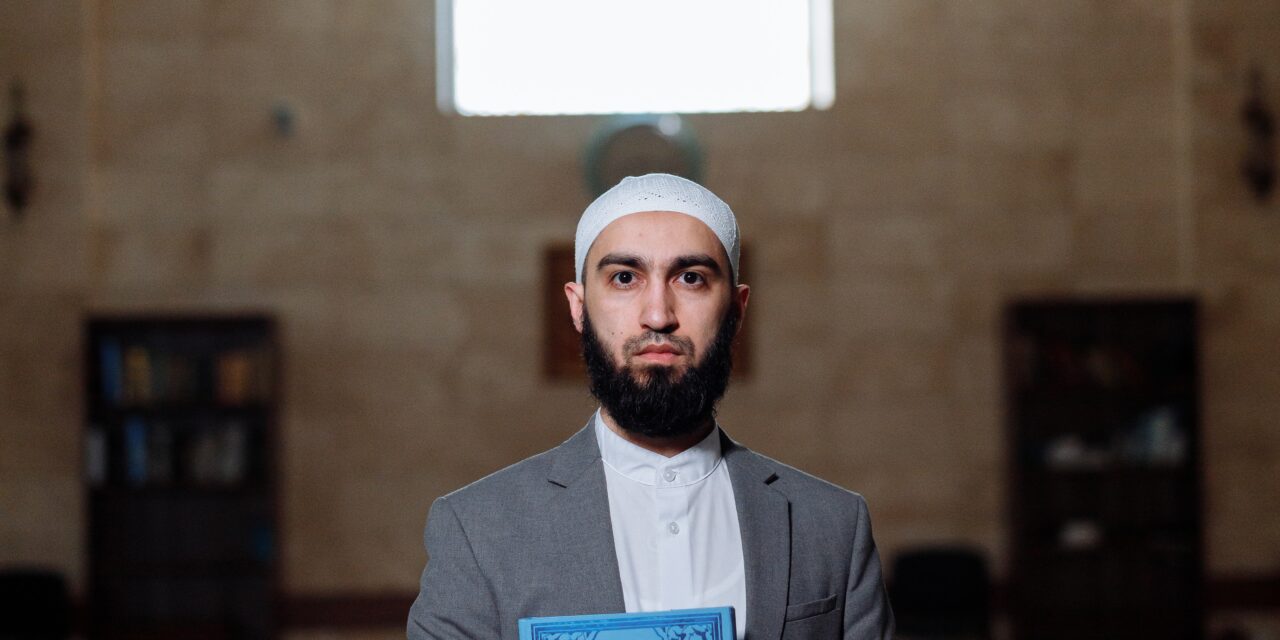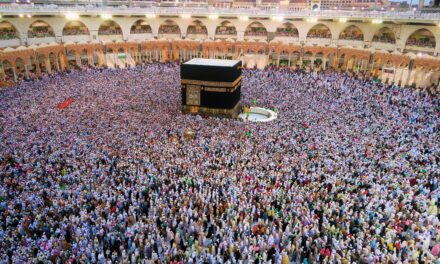The life and teachings of Prophet Muhammad (peace be upon him) are an essential part of Islamic history and tradition. His life serves as a model for Muslims on how to live a virtuous and just life and how to fulfill one’s duties as a servant of Allah.
One of the key aspects of Prophet Muhammad’s teachings was the emphasis on the oneness of Allah. He taught that there is only one God and that all people, regardless of their race, ethnicity, or social status, are equal in the eyes of Allah. He emphasized that all people should strive to live virtuous and just lives, treating others with kindness and compassion, and avoiding acts of oppression, greed, and injustice.
Another important aspect of Prophet Muhammad’s teachings was the emphasis on the importance of prayer and fasting. He encouraged his followers to perform these acts regularly as a way of connecting with Allah and seeking forgiveness. He taught that prayer and fasting are essential for purifying the soul and for demonstrating devotion to Allah.
Prophet Muhammad also emphasized the importance of education and knowledge. He encouraged his followers to seek knowledge and to strive for self-improvement, as this was considered to be an act of worship in itself. He taught that all people, regardless of their background or social status, have the right to an education and that seeking knowledge was essential for living a virtuous life.
In addition to these teachings, Prophet Muhammad’s life also serves as an example for Muslims to follow. He lived a life of simplicity, humility, and devotion to Allah, and always treated others with kindness and compassion. He spent his life working to improve the lives of those around him and to bring peace and justice to the world. He was a true leader, who inspired others to be the best versions of themselves and to strive for a better world.
The legacy of Prophet Muhammad’s life and teachings continues to inspire millions of people around the world. His message of hope, peace, and justice has had a profound impact on the world, and his teachings continue to shape the lives of Muslims everywhere. For example, the annual pilgrimage to Mecca, known as the Hajj, is a testament to the significance of his life and teachings, as millions of Muslims from all over the world gather to perform the pilgrimage and to connect with their spiritual roots.
In conclusion, Prophet Muhammad (peace be upon him) is a central figure in Islam, whose life and teachings have had a profound impact on the world. He taught the importance of living a virtuous and just life, treating others with kindness and compassion, and connecting with Allah through prayer and fasting. His life serves as an example for Muslims to follow, and his legacy continues to inspire millions of people around the world.
Prophet Muhammad (peace be upon him) is considered to be the last and final prophet of Allah in Islam and is revered by over a billion Muslims worldwide. He was born in Mecca in the year 570 CE and spent his early life as a successful businessman. However, he was known for his humility, honesty, and compassion, and was referred to as “the Trustworthy” by those who knew him.
Prophet Muhammad’s life was dramatically changed at the age of 40 when he received his first revelation from Allah through the Angel Gabriel. This revelation marked the beginning of his prophecy and the start of the Islamic faith. The revelations continued throughout the rest of his life, and they were recorded and compiled into the Holy Quran, which is considered to be the direct word of Allah.
The teachings of Prophet Muhammad revolved around the worship of Allah and the importance of living a virtuous and just life. He taught the importance of treating others with kindness, respect, and compassion, and emphasized the importance of honesty, integrity, and humility. He encouraged his followers to seek knowledge, to care for the poor and the needy, and to maintain good relationships with their families and communities.
One of the most significant teachings of Prophet Muhammad is the importance of social justice and equality. He taught that all people are equal in the eyes of Allah and that no one is superior to another based on their race, ethnicity, or social status. He emphasized the importance of treating all people with dignity and respect, regardless of their background or beliefs.
Prophet Muhammad also taught the importance of prayer and fasting, and he encouraged his followers to perform these acts regularly. He taught that prayer is a means of connecting with Allah and seeking forgiveness, and that fasting is a way of purifying the soul and demonstrating devotion to Allah. He also emphasized the importance of performing good deeds, such as helping others and being charitable, as a way of seeking Allah’s forgiveness and gaining additional reward.
In addition to his teachings, Prophet Muhammad’s life serves as an example for Muslims to follow. He lived a life of simplicity, humility, and devotion to Allah, and he always treated others with kindness and compassion. His life serves as a model for how to live a virtuous and just life and how to fulfill one’s duties as a Muslim.
The impact of Prophet Muhammad’s life and teachings on the world cannot be overstated. He brought a message of hope, peace, and justice to a world that was plagued by ignorance, inequality, and conflict. His teachings have inspired countless individuals to lead virtuous lives and to work towards a better world for all people.
In conclusion, Prophet Muhammad is a central figure in Islam and is considered to be the last and final prophet of Allah. His teachings and his life serve as a guide for Muslims on how to live a virtuous and just life and how to fulfill their duties as servants of Allah. The impact of his life and teachings continues to be felt today and his legacy continues to inspire millions of people around the world.



